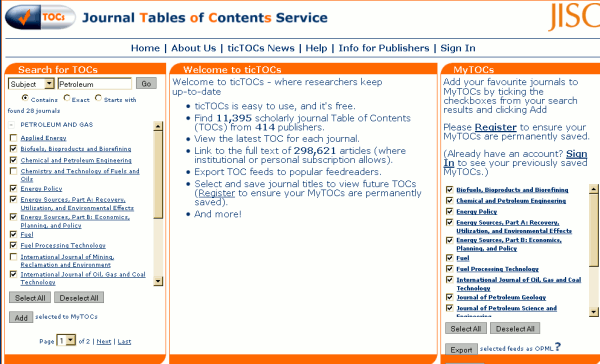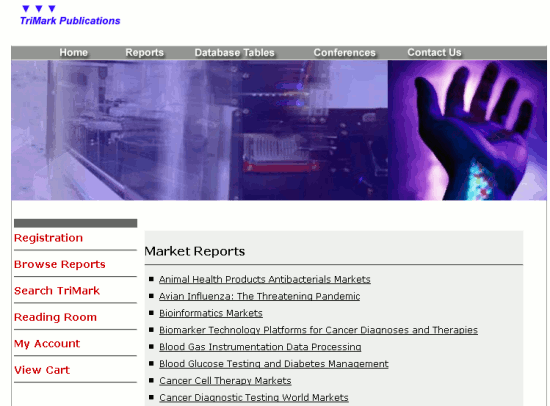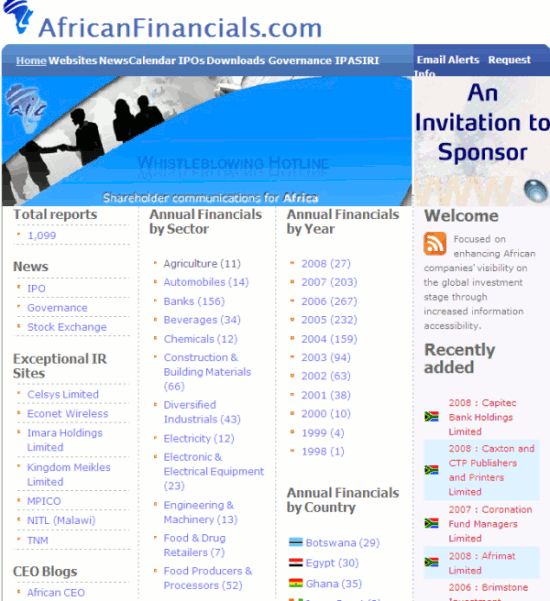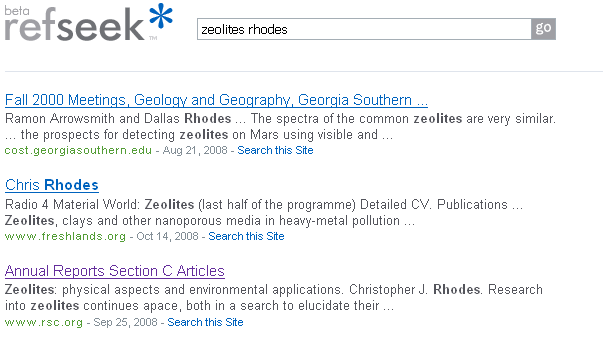I had been doing so well at cutting back on my RSS feeds, but then I bumped into Roddy Macleod at Online Information. He reminded me about the ticTOCs service and then today I spotted their posting about the service in spineless?.
ticTOCs is a new scholarly journal tables of contents (TOCs) service and Heriot-Watt is one of the fourteen partners who have developed it. You can use ticTOCs to search for the most recent table of contents of over 11,000 scholarly journals, from over 400 publishers and also view them on the ticTOCs site.
You can view the latest TOC (table of contents) of the journal, link through to the full text (where subscriptions allow), and save selected journals to MyTOCs so that you can return to the site and view future TOCs. Alternatively, you can save your selection as an OPML file and import the list into your favourite RSS reader. And that has been my undoing 🙂 . I have already added about 30 journals to my feeds but I suspect that I shall delete some of those once I have had a chance to evaluate their relevance to my areas if interest. But I have at least two more subject areas to investigate. RSS feed overload is imminent!



